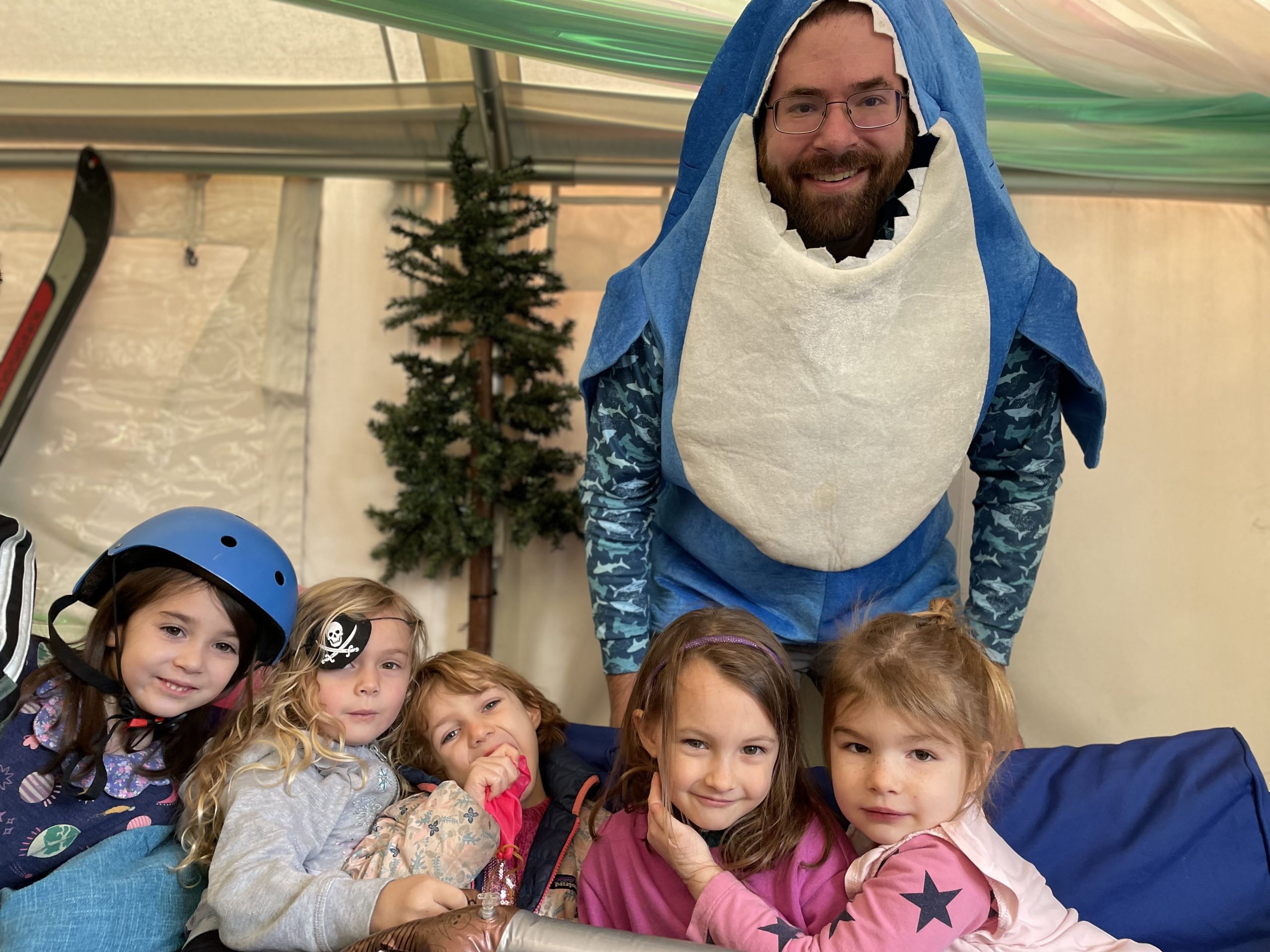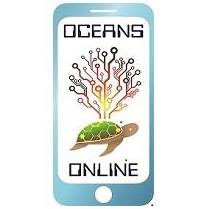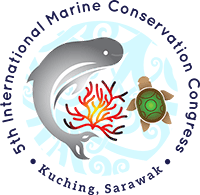Every scientist I work with spends most of the day communicating, whether that’s preparing grants, manuscripts, theses, outreach talks, emails to colleagues/students… the list goes on. However, most of these outlets share fairly strict formatting rules. Grants comes with pages of guidelines. Talks have defined who I am, what I did, found, next, thank you slide. While this sterile approach is arguably fundamental to science’s critical tenant of replication, it makes for terrible communication.
Today marks 15 years of blogging for Southern Fried Science! In that time, I’ve written over 600 blog posts on a huge variety of topics, and spread the good word about shark science and conservation. I’d like to celebrate the occassion by looking back on 15 things that I’m proudest of during my time as … Read More “15 things I’m proudest of in 15 years of science blogging” »







 So science is storytelling. Sometimes that story an adventure. Sometimes it’s a mystery. Sometimes it’s the dense and weighty exposition of Ulysses and sometimes it’s the absurdity of Finnegan’s Wake, but it is always a story.
So science is storytelling. Sometimes that story an adventure. Sometimes it’s a mystery. Sometimes it’s the dense and weighty exposition of Ulysses and sometimes it’s the absurdity of Finnegan’s Wake, but it is always a story.